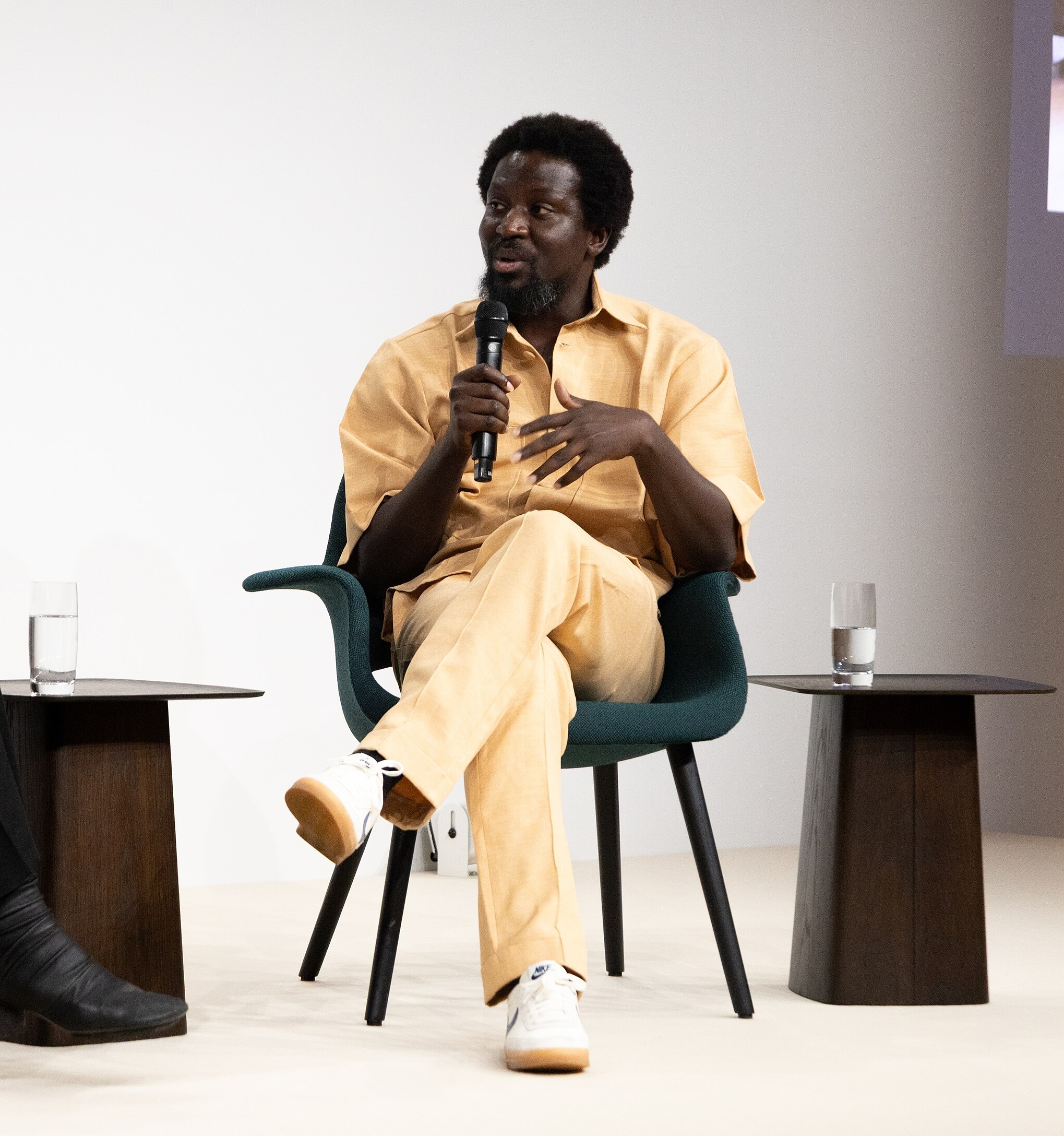Aesthetic
Review: Bobi Wine: The People’s President
Bobi Wine: The People’s President is a documentary film that provides a captivating portrayal of the journey of Ugandan musician turned politician Robert Kyagulanyi Ssentamu, widely known as “Bobi Wine.” Written and directed by Christopher Sharp and Moses Bwayo, the film explores the intimate existence, ambitions, and obstacles encountered by Bobi Wine in his struggle to oust president Yoweri Museveni, one of Africa’s longest-serving leaders. This review seeks to analyze the documentary within the broader context of Ugandan history and politics, examining the importance of Bobi Wine as a symbol of resistance, hope for freedom and democracy, and the difficulties he faces in his pursuit of political change.
Contextualizing the Rise of Bobi Wine
To grasp the magnitude of Bobi Wine and his “people power” movement, it is essential to understand the historical and political context of Uganda. Since gaining independence from the British in 1962, Uganda has had a challenging political landscape marked by repressive regimes, corruption, and socio-economic stagnation. Yoweri Museveni, the current leader, captured power in 1986 after a five-year armed rebellion, promising to establish a democratic system of government with high respect for the rule of law and civil liberties. Almost four decades later, Museveni and his ruling National Resistance Movement (NRM) political party have consolidated power through human rights violations, corruption, patronage, and political persecution of his opponents.
Bobi Wine’s documentary film, The People’s President charts the growth and persecution of Bobi Wine, rising through the ghettoes of Kampala to become one of the most formidable challengers of President Museveni’s rule. He gained recognition through his music and community mobilization in addition to his activism, which highlighted the frustration of many Ugandans with Museveni’s rule and their desire for change. Bobi Wine embodies the hopes of millions of Uganda’s underprivileged young population who are yearning for change after four decades of one-man’s rule.
Bobi Wine as a Phenomenon
The documentary presents Bobi Wine’s story as transcending his personal identity to symbolize a broader phenomenon on the Ugandan political scene. Specifically, it depicts Bobi Wine as representing the voices of those who have been marginalized and oppressed, questioning the established ruling class, and presenting a vision of a democratic and inclusive Uganda. His intriguing presence, bravery, and refusal to conform to societal norms, while defying the status quo strikes a chord with a population longing for authentic representation, equity, and social justice. In addition, as seen in the documentary, Bobi Wine’s appeal reaches far beyond the borders of Uganda, attracting global attention and support for his devotion to democracy and human rights. His impressive aptitude for utilizing social media and harnessing the influence of youth activism has made him a prominent figure in the fight against authoritarianism.
The documentary does an excellent job of demonstrating how Wine stands out not just as an individual, but as a symbol of the shared aspirations for freedom and democracy. His transformation from a local musician to a powerful politician exemplifies the strength of the African spirit, surpassing boundaries, limitations, and beliefs to establish areas of influence within oppressive structures. Such is a narrative that is testament to the complexities and contradictions inherent in the quest for political change.
While highlighting Bobi Wine’s charisma and tenacity, the documentary also features the harsh realities faced by activists in Uganda’s authoritarian political landscape. With the apparition of state oppression looming large, a shadow is cast over steps towards progress, while magnifying the stakes of resistance. It is within this context that the critical scrutiny of Bobi Wine: The People’s President assumes paramount importance. It beckons us to peel back the layers of spectacle and symbolism to grapple with the underlying tensions and dilemmas of liberation struggles on a continent fraught with repressive regimes. What does the rise of Bobi Wine signify in relation to the future of democracy in Uganda and beyond? How must we navigate the intricate balance between mobilization and institutional power in the pursuit of lasting change? As scholars, we are tasked with engaging deeply with these questions, interrogating the structural inequalities and historical legacies that continue to shape the contours of political activism in Africa. Bobi Wine: The People’s President serves as a moving entry point into this discourse, inviting us to reevaluate our conceptions of power, resistance, and “freedom” in the African context.
In conclusion, the documentary captures Bobi Wine’s enduring spirit of defiance and resilience that animates leaders of social movements across the continent. We glimpse, too, the contours of a new chapter in Uganda’s political trajectory, one marked by struggle, hope, and an unwavering belief in building a new country that is better for its citizens.
Watch a trailer for the documentary here.
About the Author
Dr. Lwanga Gasuza Musisi is a distinguished scholar and activist whose academic journey has been marked by a commitment to social justice, equity, and anti-colonial approaches to education. He recently defended his Ph.D. in Social Justice Education at the Ontario Institute for Studies in Education, University of Toronto, where he previously completed his Master’s, and holds a BA in Anthropology, also from the University of Toronto. His research focuses on disability studies and education policies, with a keen eye on challenging colonial legacies. His dissertation, “Living on the Margins of the Centre Called ‘Normalcy’: Autistic Children within a Neo-Colonial Uganda Education System,” epitomizes his dedication to amplifying the voices of marginalized communities. Dr. Musisi has also been an instrumental figure in grassroots activism and student leadership, serving four terms as President of the University of Toronto Graduate Students’ Union during which he championed initiatives promoting social justice, anti-racism, and mental health. Dr. Musisi’s research interests encompass equity, social justice, anti-colonial thought and action, Pan-Africanism, inclusivity, and the transformative power of therapeutic music and art. As a scholar and activist, he continues to inspire meaningful change and contribute to a more just and equitable society.







